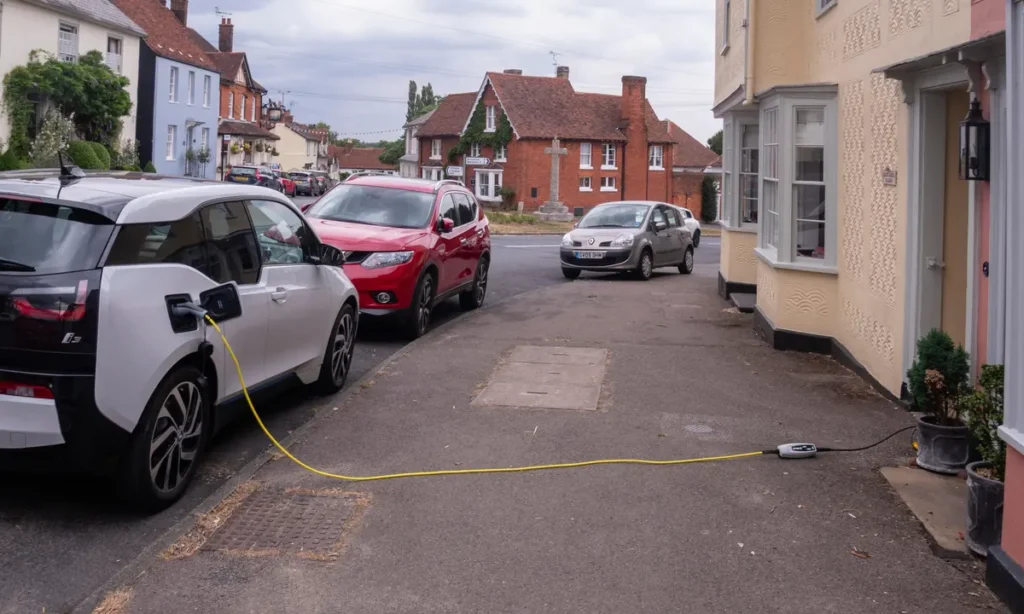
Electric vehicle drivers who cannot install a charger at home are turning to alternative solutions offered by US and European firms. These services provide a stopgap for EV drivers who find public charging points to be either too expensive or inconvenient. The solutions include online platforms that allow people to rent out their chargers, “pavement gullies” for properties with no driveways, and even mobile charging. While these services could help solve the global public charging infrastructure problem, it is not likely they will achieve the massive scale required to solve it any time soon.
The US and Europe have subsidized both public rapid-charging and slower on-street charging networks, but their development has been slowed down by national and local rules and outdated and disproportionate planning regulations. This has discouraged many prospective EV owners who prefer fossil-fuelled cars instead.
Uber has earmarked $800 million through 2025 to help its drivers switch to EVs. However, Uber’s global sustainability head Thibaud Simphal has noted that many drivers live in urban “charging deserts,” making EV ownership difficult. Uber’s efforts to finance local authorities’ charging projects have been bogged down by bureaucracy.
EV drivers prefer home charging because it is cheaper. Public fast chargers can charge an EV in less than half an hour, but they can cost ten times as much and nullify fuel-cost advantages over gasoline cars. Clare Tan, who leased a BYD Atto, found a homeowner renting a charger near her workplace north of London using an app called Co Charger, where about 5,500 “hosts” list chargers for rent. “People need confidence they can charge affordably to buy EVs,” said CEO Joel Teague.
Thanks for sharing. I read many of your blog posts, cool, your blog is very good. https://www.binance.info/register?ref=P9L9FQKY